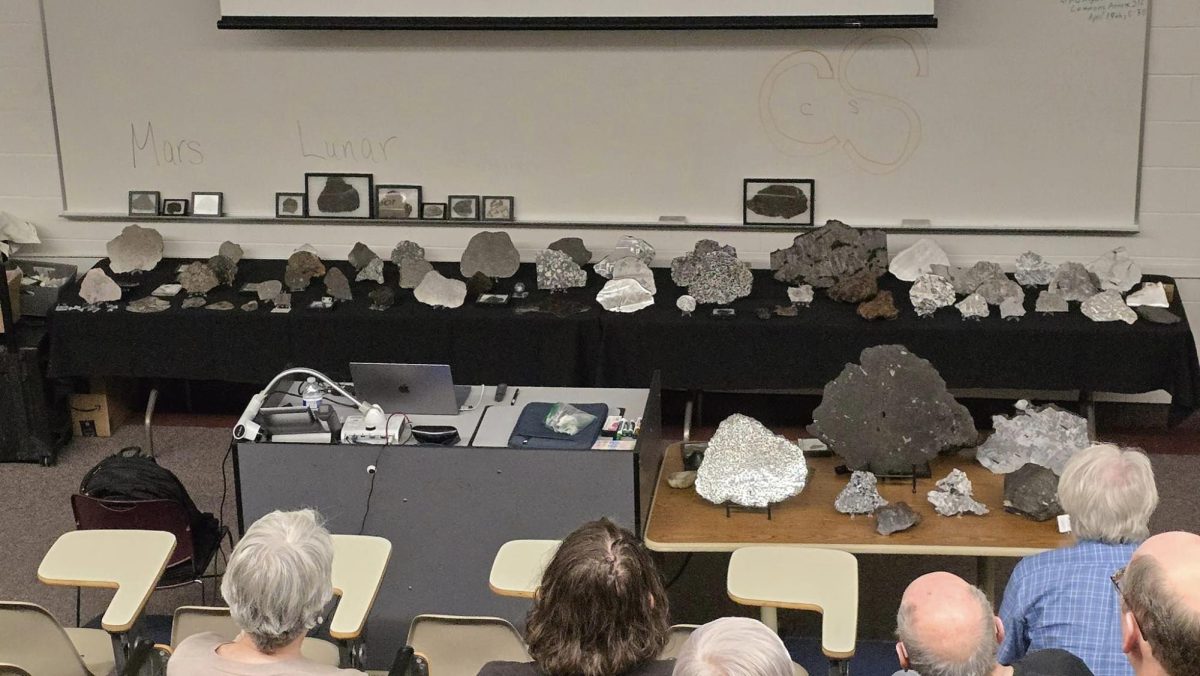February is Turner Syndrome (TS) awareness month, and people from all over the United States are working diligently to raise awareness of this genetic condition. Turner Syndrome is a chromosomal condition that affects approximately one in every 2,000 women. The condition occurs when a woman lacks all or part of her second X chromosome and is characterized by a cluster of symptoms that range from mild to life-threatening.
The lack of a complete second X chromosome prevents the female’s body from maturing normally, which is why most women are diagnosed around the onset of puberty. The most universal symptom is short stature; untreated girls rarely grow over five feet tall.
Other symptoms include a broad chest, late onset of puberty, fertility challenges, heart defects, recurring ear infections and social challenges. A woman with TS may exhibit any combination of these symptoms, and no woman will exhibit them in exactly the same way. It should also be noted that women with TS display normal intelligence distributions and are capable of achieving at high levels.
Women can be diagnosed with TS at any point using a karyotype after genetic testing or before birth through amniocentesis. Early diagnosis is key to combating some of the more pernicious effects of the condition, making the education of parents and physicians essential.
The most widely used treatments include growth hormones and estrogen replacement therapy. Growth hormones, when administered at a young age, allow most women to reach near average height. Estrogen replacement therapy encourages the onset of puberty and helps with key brain development. These treatments have made a huge difference in the lives of women with Turner Syndrome, but researchers continue to develop better options with the support of organizations like the National Institutes of Health and the Turner Syndrome Society of the United States.
The most recent advances include an article published by Dr. Judith Ross in the New England Journal of Medicine. Ross’s research found that a combination of two hormones dramatically increases the height of women with TS. It was also recently determined that the risk of aortic dissection in women with TS is often significant enough to prevent a safe pregnancy. An aortic dissection is the tearing of a major artery leading out of the heart, and it is almost always fatal. As a result, even women whose ovaries are developed enough to facilitate conception are often unable to carry pregnancies to term. The connection between cardiology and Turner Syndrome means that any advances in cardiac care are also advances in the treatment of TS.
The Turner Syndrome Society of the United States is the most influential Turner Syndrome advocacy organization in the United States. Each year, it organizes a national conference where girls and women from around the country can meet others who understand the unique challenges of living with TS. This conference is also an opportunity for parents, spouses and siblings to get the support that they need.
These efforts go a long way toward building a vibrant community of Turners women and those who love them. For more information about Turner Syndrome, or to contribute to ongoing research, visit www.turnersyndrome.org.






